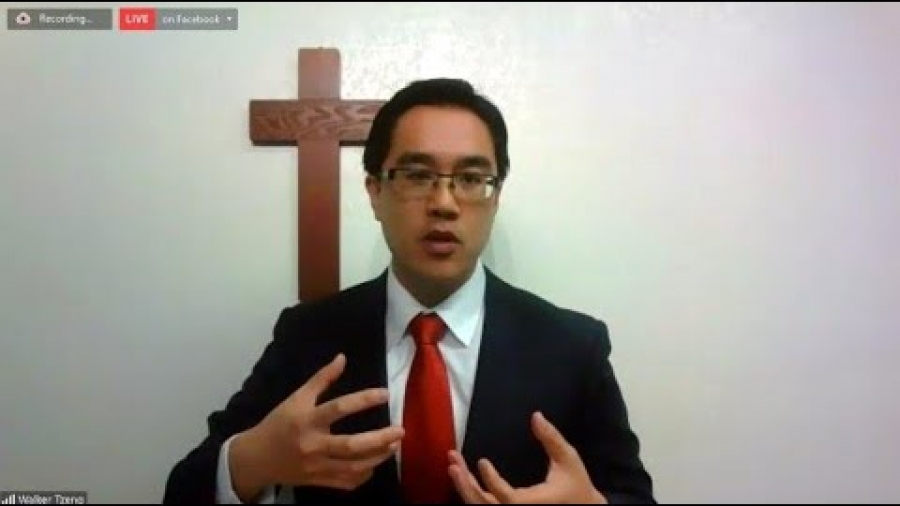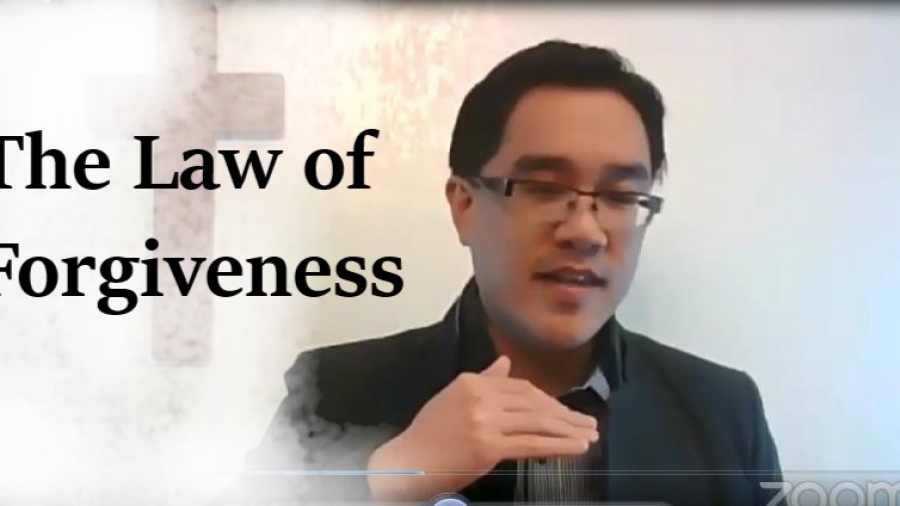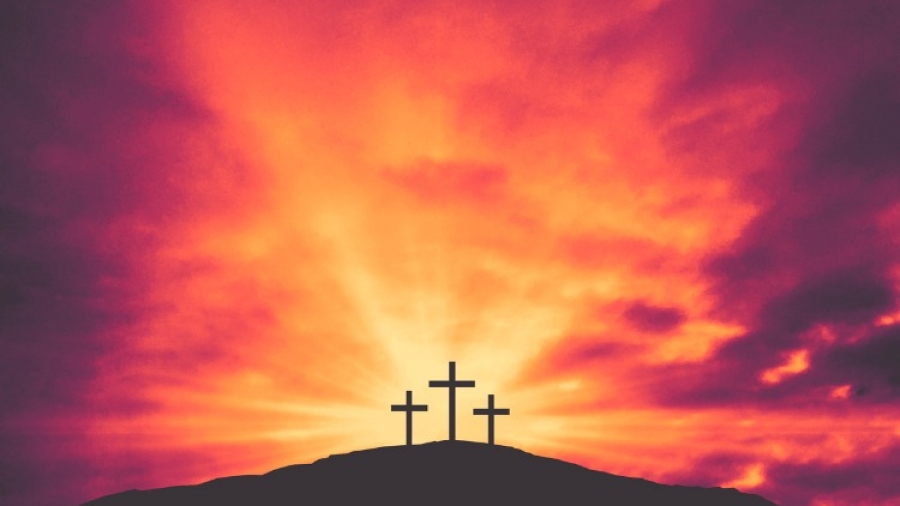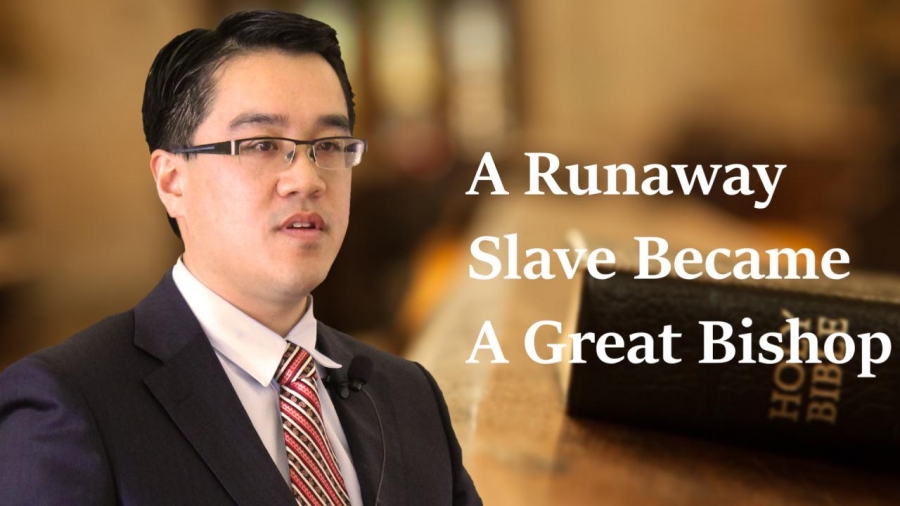The sermon exhorted the transforming power of the Holy Spirit and its work it apostles before the Sanhedrin.
Here is a summary of the sermon:
Today is Pentecost, a historic day that the Holy Spirit came upon the disciples. But what is the Holy Spirit? Is it simply a passionate, but fading emotional power in us? Today, I wish to see the transforming power of the Holy Spirit that resurrected in Apostles as they worked for the Kingdom. We will read about Peter and John before the Sanhedrin in Acts 4:1-22
First, in v1-6, we see the depraved image of the Jewish leaders bringing the apostles before them at Sanhedrin. These were people that wanted to keep their worldly powers and were even selling the temple as a place for merchants. Jesus was put before the Sanhedrin for this very reason and all the sin of the world came on him at the cross. But death could not defeat the Lord, he resurrected on the third day Easter. We also must receive this power of resurrection. How can we? We must be born again of the Spirit and live by the Spirit for God’s Kingdom.
Next, in v7-12, we see clearly that the Apostles lived by the Holy Spirit, even as they appeared before Sanhedrin. It’s drastically different than when Peter denied Jesus at the cross. The disciples who thought he loved Jesus first, was utterly ruined, but was restored by the Lord. He realized deeply it is the love of the Lord coming to us first, we are living by that love. As Peter stood before Sanhedrin, he confessed that it by the name of Jesus. Faith is not anything we produce ourselves, but it is accepting the unconditional forgiveness, love, and grace of God. Some people think that since God loved us, we owe Him back a debt. However, faith is all about receiving God’s love and the Holy Spirit is given grace that transforms us. It is that transformation that produces in us new hope for God’s glory, it isn’t that we produce it ourselves. We see this in Peter who changed in Acts, now living receiving the power of the Holy Spirit and resurrection to live for God.
Finally, in v13-22, we see the Jewish leaders shocked by the courage of Peter and John. This is not courage or determination that we produce ourselves like some psychological effort. This is true courage shown by the Holy Spirit given and overflowing in the disciples. The Sanhedrin Jewish leaders spoke about using worldly power to control the people of God. Very often, the wisdom and powers of the world try to prevent God’s work. What is being “wise” in the world? It is trying to be more stable and comfortable, but what does that really get you? In actuality, living for the highs and the lows, the cross, and the resurrection, this is living dynamically that God wishes for us, to really live life. The power of the Holy Spirit is not a fading emotional power, it is a constantly transforming power that is continually with me in a dynamic walk in life of faith.
Peter healed the crippled beggar, but who was the one that was really healed? It was Peter himself, crippled by his own strength, but raised again by the love of Jesus Christ. That is the power of the Holy Spirit he lived by in Acts, and it is that same Spirit given to us on this Pentecost.





